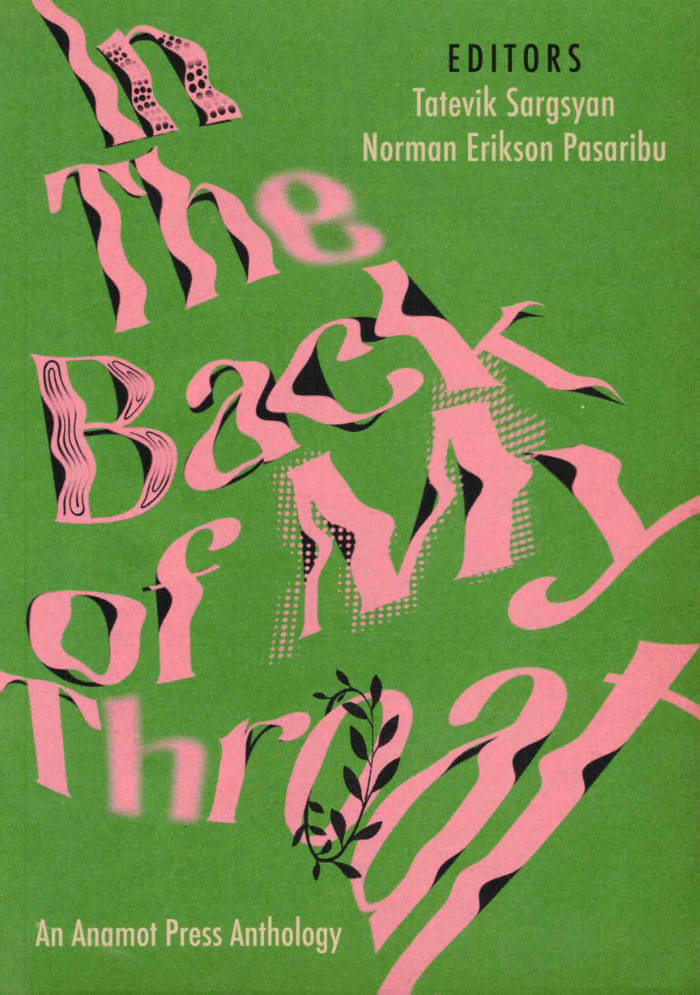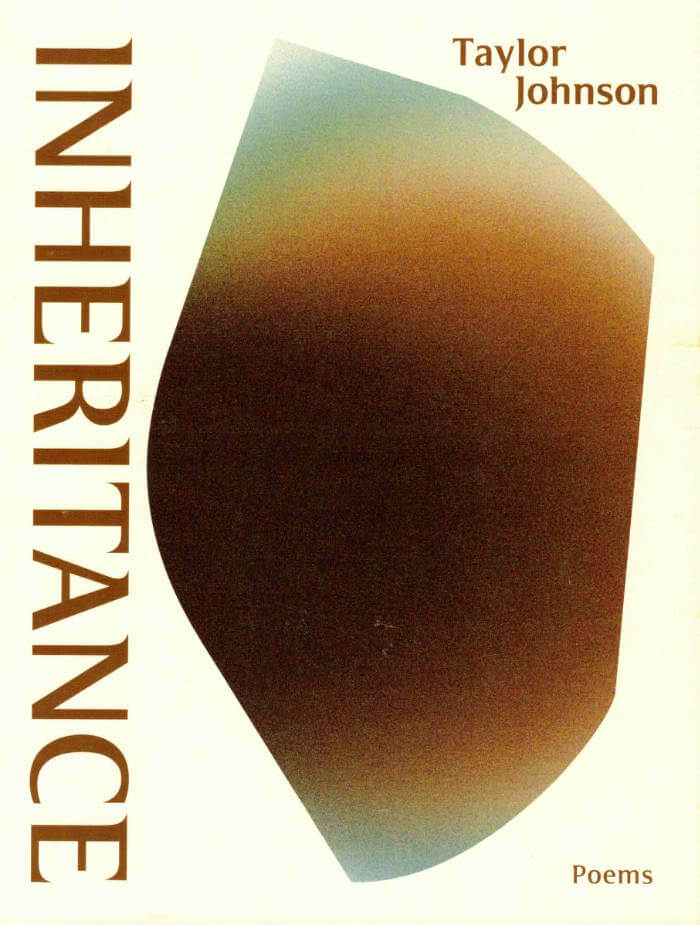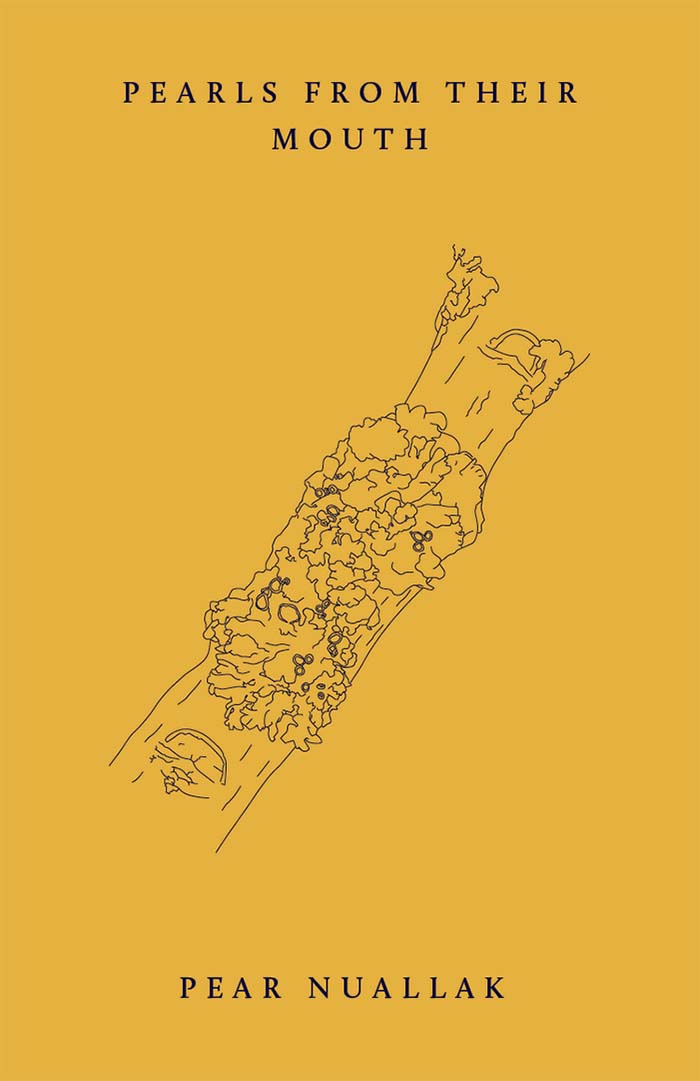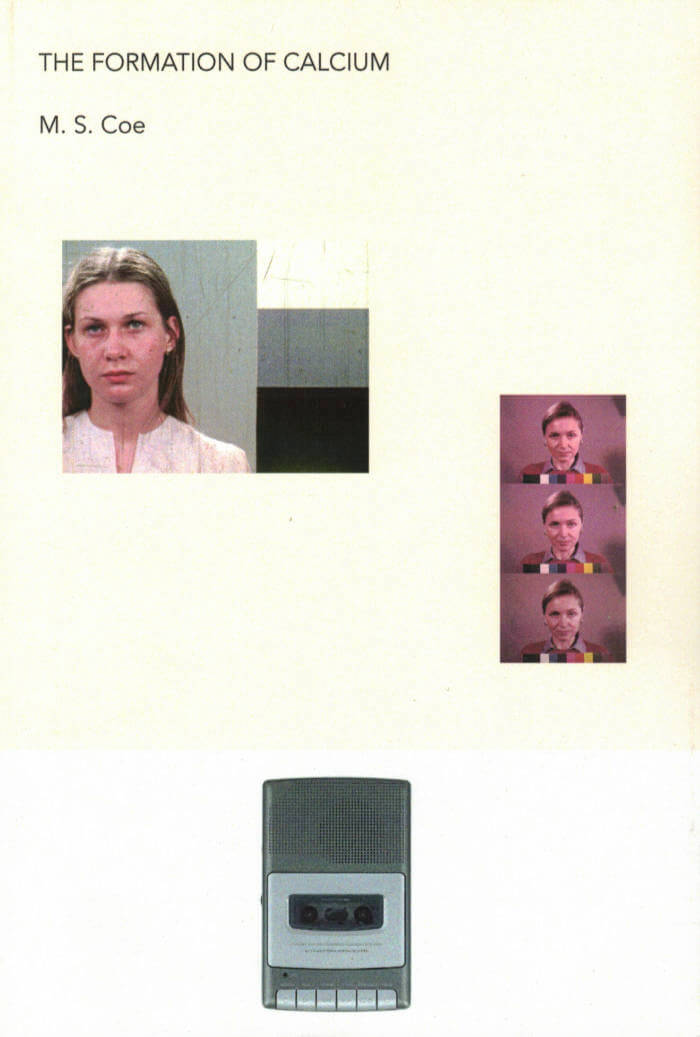
In The Back of My Throat
Norman Erikson Pasaribu ed., Tatevik Sargsyan ed.
In The Back of My Throat is an anthology about queer Indonesian experiences across borders and other stories told with no shame.
Edited by Tatevik Sargsyan and Norman Erikson Pasaribu.
With contributions from: Zar Mose, Khairani Barokka, JR Hadi, Kristal Firdaus, Anna Sulan Masing, Pear Nuallak, Ko Ko Thett, Kyi May Kaung, Ziggy Zezsyazeoviennazabrizkie, Pychita Julinanda, Prahara Amelia, Madina Malahayati Chumaera, Nurdiyansyah, Mak Lin, Caesar Abrisam.
The title is taken from Prahara Amelia’s poem.
Norman Erikson Pasaribu is a Bali-based writer, translator, and editor. Their poetry collection My Dream Job will be out in the UK in 2024 with Tilted Axis Press.
Tatevik Sargsyan is founding publisher and editor of Anamot Press, Trustee of the Poetry Translation Centre and a design strategist working with charities and philanthropy.
Language: English







